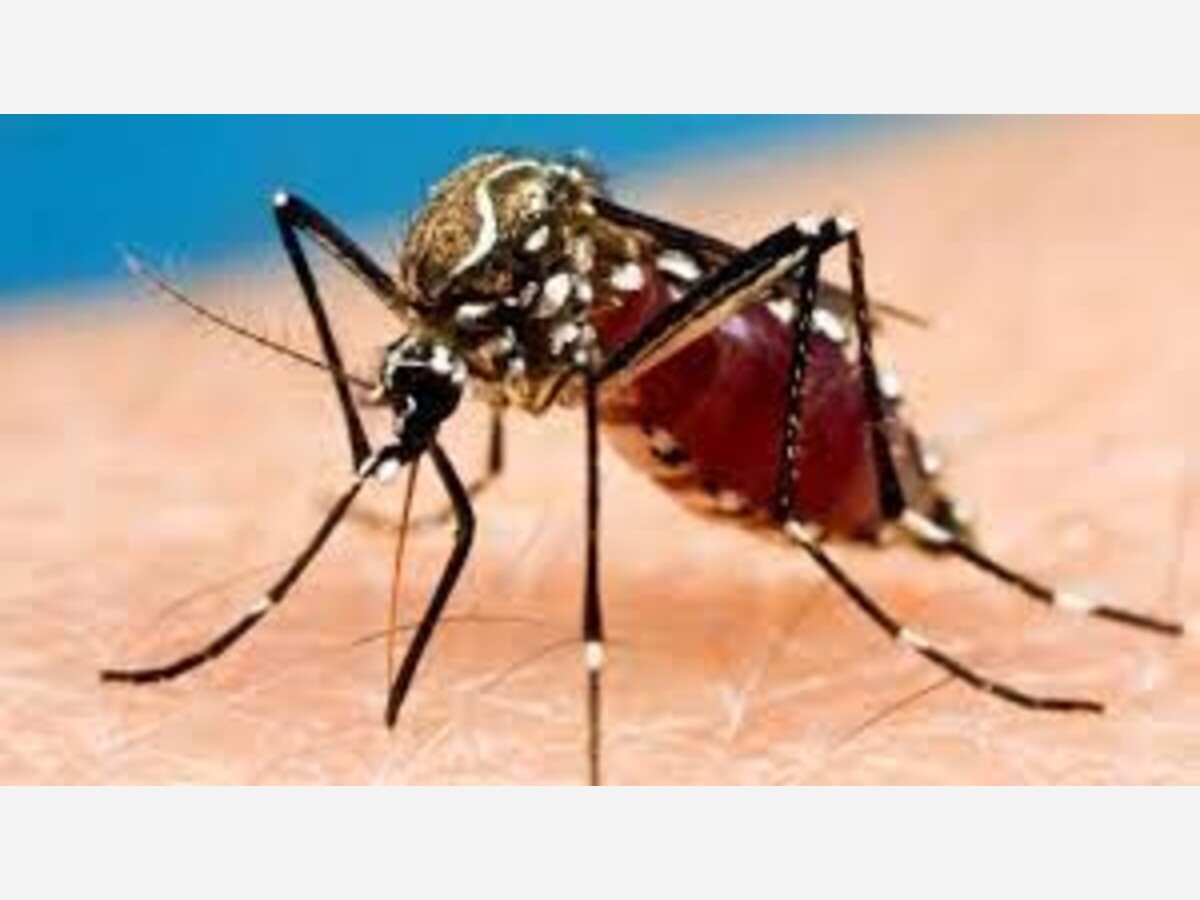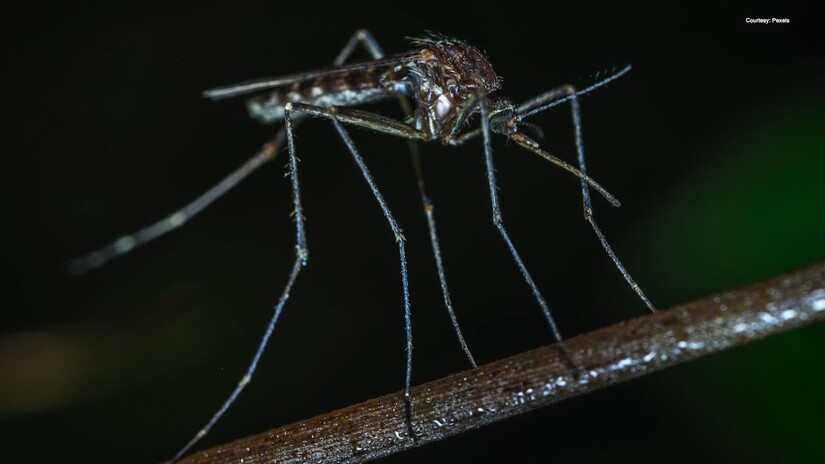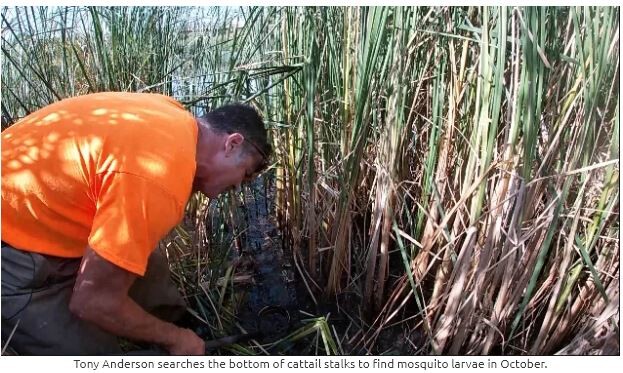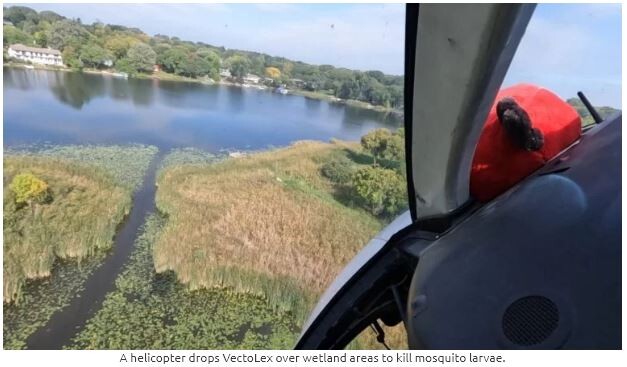Image

Yes, they’re back. No, it’s not your imagination.
“Mosquito eggs can survive for five to seven years,” explained Alex Carlson with the Metropolitan Mosquito Control District. “So, all of the ones that didn’t hatch these past two years because it was really dry, we knew with all of the water levels as high as they were, they were going to start hatching this year.”
Carlson reports the Twin Cities are seeing mosquitoes at a rate far above the ten-year average.
“We were somewhat prepared, but then, also, there was some unpredictability with the rivers and that overflowing created some standing water that we weren’t able to respond to in time, so that’s where a lot of the mosquitoes are coming from,” said Carlson.

Many know of MMCD’s work because they see crews out setting traps, collecting samples from water sources, or treating wetlands from above with dipping and diving helicopters. Carlson said they also rely on tips from those who are experiencing the wrath of mosquitoes. He encourages anyone to report online where they’re seeing problem areas.
“Sometimes, people find out about the hotspots before our traps do, and so it’s good for us to get that information,” he said. “Maybe there’s a mosquito harborage area or maybe there’s a pond that’s producing more mosquitoes than we originally predicted, so it’s good to get that information as another data point for us.”
Carlson suggests homeowners can always get rid of any thing that collects standing water in their yards to try to reduce chances that mosquitoes will lay eggs near where they want to spend time outdoors. He also recommends a certain kind of lawn maintenance that may go against pollinator-friendly practices like “No Mow May.”
“[Keep] the grass short, [keep] the vegetation from getting overgrown,” Carlson said. “Mosquitoes will use that to hide out in, so they will use your yard as a hiding spot if you don’t take care of it and kind of clean it up.”


He also recommends you keep an oscillating fan nearby where you like to sit outdoors, because mosquitoes can’t fly very well in a constant breeze.
“We also do a lot of ground treatments, we do a lot of tire collections and removing standing water ourselves,” he said. “We do a lot more than just helicopter treatments. We’re out, we’re trying to do our best to fix the problem.”
SOURCE: CCX MEDIA